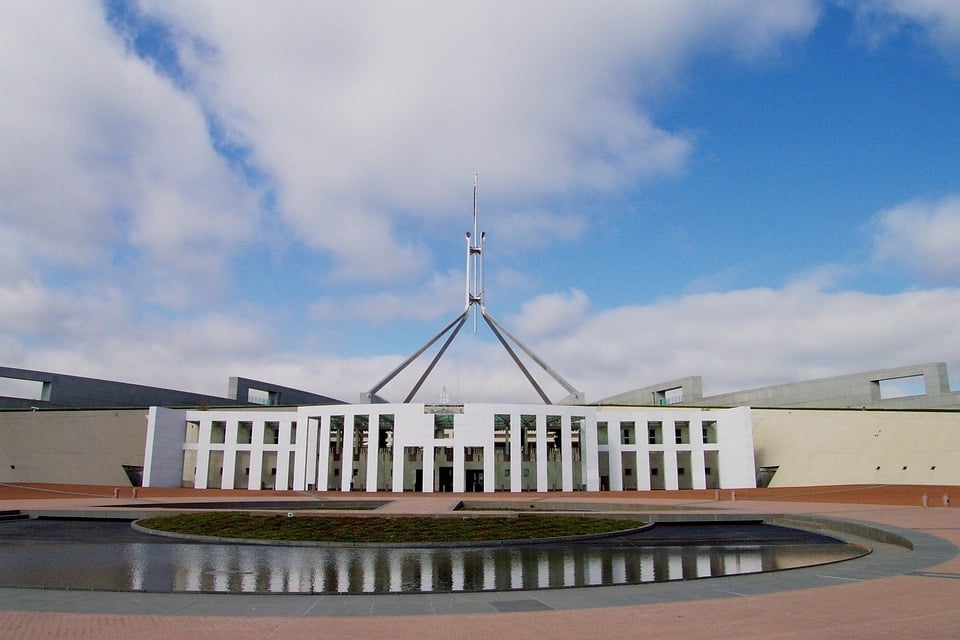John Curtin Oration
I begin by acknowledging the traditional owners of the land on which we meet and I pay my respects to their elders past, present and emerging.
Eighty years ago acting Prime Minister Frank Forde rose in the House of Representatives and told a still and sombre chamber:
“The Captain has been stricken in sight of the shore.”
Through the dark days of conflict, Curtin had urged the men and women of Australia forward to:
“Victory in war, victory for the peace”.
He would not live to see either, yet no Australian did more to achieve both.
It is an honour to be with you tonight to reflect on the extraordinary and enduring achievements of a Labor icon and a great Australian.
Through 124 years of our Federation and 31 Prime Ministers of Australia, John Curtin stands apart.
No leader of our nation has faced a sterner test.
No-one has known a darker hour.
And no Prime Minister has carried more on their shoulders, alone.
During the collapse of the Menzies and Fadden Governments, John Curtin did not push to seize power.
Instead, power came to him. The Parliament and the nation turned to Labor.
And within four months of being sworn in as Prime Minister, Curtin found himself leading the ‘Battle for Australia’.
Singapore had fallen, Darwin had been bombed.
And he was locked in a battle of wills with the British Prime Minister, Winston Churchill as well as the President of the United States, Franklin Roosevelt.
John Curtin, a person so mindful of his flaws and limitations, pushing back against two of the most powerful men in the world and two of the most forceful personalities of 20th Century politics.
This moment is the core of the Curtin legend.
Two divisions of the Australian Imperial Force, returning from the Middle East.
Curtin wanted those troops for the defence of Australia.
Churchill wanted them in Burma – and Roosevelt backed him.
Barely two months after Curtin had said that Australia ‘looked to America’, America was telling us to listen to Britain.
It says a great deal about the nature of our relationship with Britain up to that point and indeed the character of Curtin’s predecessors that Churchill had assumed Australia would roll over.
We know this because he had already given orders for the admiralty troopships carrying Australian soldiers to change course and steam to Rangoon.
Diplomatic cables between leaders can be wrapped in all kinds of formalities and flattery.
Curtin’s message to Churchill on learning this news is a study in the power of plain speaking.
Language sanded back so you can see the grain.
First, he rebukes Churchill for treating Australia’s agreement to the diversion of Australian soldiers: ‘merely as a matter of form’.
And he goes on, speaking not just for his party or his government but for his country:
“We feel a primary obligation to save Australia”.
Some historians downplay the military significance of that moment.
They argue the threat of invasion was always exaggerated.
But consider the counterfactual.
If Churchill and FDR had got their way, Australian forces would have arrived in Burma barely a week before it fell to the Japanese.
Hundreds if not thousands of Australians would have been killed, or taken prisoner.
It would have been a disaster every bit as crushing to national morale as the fall of Singapore.
Instead, Curtin prevailed.
And he paid for that victory with the hardest and loneliest weeks of his life.
Knowing those transports, those Australian troops, were out on the Indian Ocean on his orders.
This was the solitary burden he bore on his long walks, around the base of Mount Ainslie.
And back and forth in the grounds of The Lodge, under the moonlight. His mind a thousand miles away, fearful of the very worst.
No-one could truly know the weight he carried in those days.
But all could see the toll it took.
Even when the 7th Division docked safely in Adelaide, that pattern of mental and physical strain had been set.
Today, at the safe distance of eight decades, the story of the Second World War is set in our memory.
The Allied victory over tyranny has, in retrospect, taken on a feel of inevitability.
Part of the debt we owe to Curtin, together with all the men and women who served Australia in that terrible conflict, is to remind ourselves how close history came to taking a different path.
Curtin grasped that.
And he never pretended to the people, or to himself, that dealing with these choices came easily.
John Curtin dedicated his life to our country – and he gave his life for Australia.
His colleagues saw him as a casualty of the war, as much as any fallen soldier.
And that self-sacrifice has shaped every reflection on his legacy.
When Prime Minister Gough Whitlam laid the foundation stone for John Curtin House in Canberra in 1974.
He paid moving tribute to a man ‘enslaved by the times’ for whom ‘time was a cruel master’.
That is a fundamental, inescapable part of the John Curtin story.
But it is not the whole.
His leadership has earned a bigger place in history than that.
And his legacy runs deeper than that, for our party and for our country.
Because Curtin restored in Labor what he revived in Australia:
Unity and purpose in times of crisis and uncertainty.
Ambition and co-operation in pursuit of opportunity.
And, above all, the confidence and determination to think and act for ourselves.
https://www.pm.gov.au/media/john-curtin-oration
View Original | AusPol.co Disclaimer
